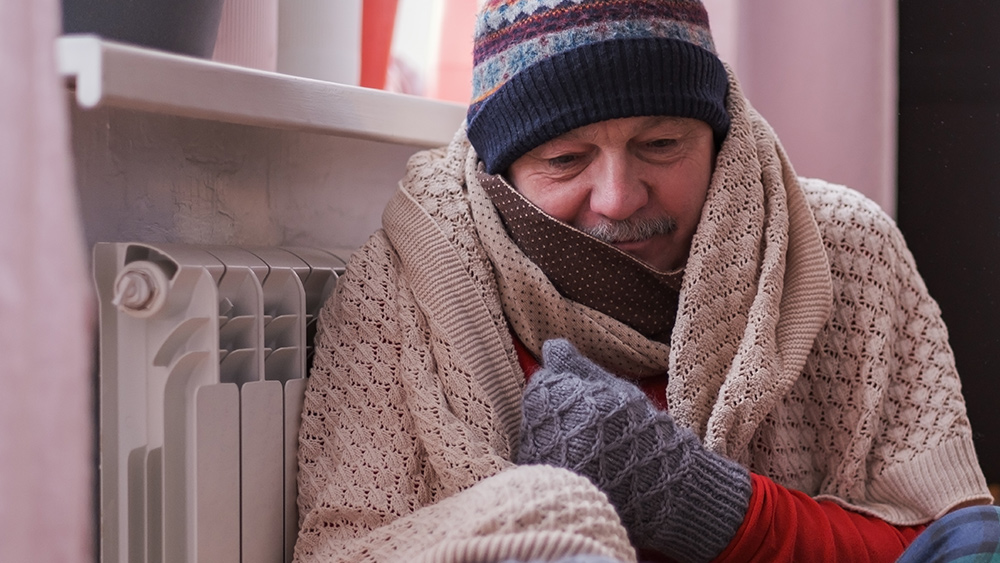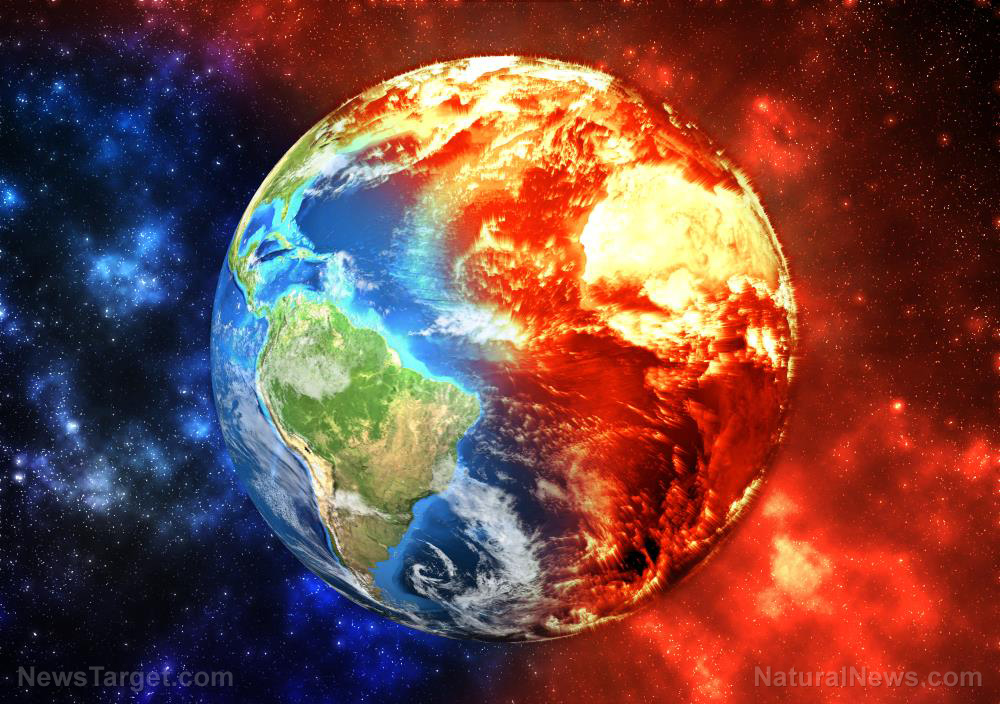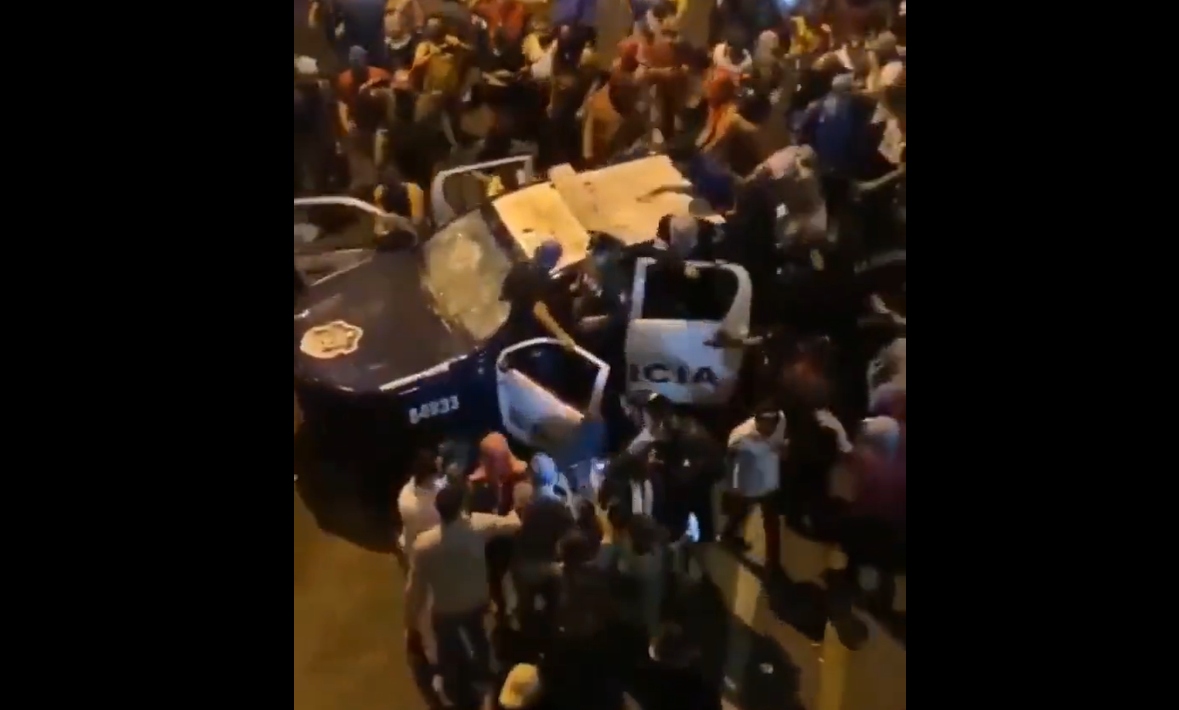 Parler
Parler Gab
Gab
New England, which relies on natural-gas imports to bridge winter supply gaps, is now competing with European countries for shipments of liquefied natural gas, following Russia’s halt of most pipeline gas to the continent. Severe cold spells in the Northeast could reduce the amount of gas available to generate electricity as more of it is burned to heat homes. The region’s power-grid operator, ISO New England Inc., has warned that an extremely cold winter could strain the reliability of the grid and potentially result in the need for rolling blackouts to keep electricity supply and demand in balance. The warning comes as executives and analysts predict power producers could have to pay as much as several times more than last year for gas deliveries if severe weather creates urgent need for spot-market purchases.New England will likely be directly competing with the European Union for dwindling supplies of natural gas this winter. Unfortunately, there is probably not going to be enough to go around. Europeans have been urged to conserve energy for months, but much of the population is not heeding those warnings. As a result, many EU countries could also be facing blackouts in the months ahead…
The European Union could face blackouts this winter as the continent faces an ongoing energy crisis amid Russia’s war in Ukraine, but Brussels is preparing for worst-case scenarios, according to EU Crisis Management Commissioner Janez Lenarčič. Asked in an interview published Tuesday by Germany’s RND media network whether EU countries would need disaster relief due to the energy crisis, Lenarčič responded: “Yes, that is quite possible.”If the power is completely shut off where you live for several hours on one of the coldest days of the year, what will you do? You might want to start thinking about that. In Ukraine, much of the country is without power right now. The Russians have started to systematically go after the nation’s power grid, and at this point approximately 30 percent of all Ukrainian power stations are not functioning…
Blackouts have struck more than 1,000 towns and villages in Ukraine after a series of Russian attacks. The Kremlin has killed more than 70 people in the past fortnight after ordering rocket and drone strikes on Ukrainian cities. President Volodymyr Zelensky said 30% of Ukraine’s power stations have been knocked out in the blitz. Sections of Kyiv have been left without water and power following further blasts today.The Russians can completely destroy the Ukrainian power grid if they wish to do so. Will they go that far? Needless to say, the weather is already starting to get really cold in some parts of Ukraine, and we are being warned that a long-term lack of power could result in an unprecedented humanitarian crisis…
WHO Regional Director for Europe Hans Henri P. Kluge said at the media briefing that the organization is working to anticipate and prepare for the challenges of the approaching “brutal” winter in its humanitarian response to Russia’s war on the country. Kluge remarked that risk of COVID-19, frostbite, hypothermia, pneumonia, stroke and heart attack will likely increase among Ukrainians who are living “precariously,” whether in substandard shelters, without access to heating or by regularly moving to different locations.I got the chills just reading those two paragraphs. It is starting to get cold here in the United States as well. In fact, some cities near the Great Lakes just received more than a foot of snow…
The cold front has seen freeze alerts issued for more than 89 million Americans in states in its path, already offering rounds of snow, rain, and high speed winds in the Great Lakes. More than 13 inches of snowfall recorded in cities near the lakes such as Ironwood and Marquette, as well as up to four inches in nearby Minnesota and Wisconsin.And we are being warned that “the coldest air of the season” is now hitting the South…
The coldest air of the season so far has the South in its grip and near-freezing temperatures could set new record lows across a wide swath of the region into midweek. AccuWeather meteorologists have been tracking a powerful disturbance since last week as it swept out of Canada and into the central and eastern United States. While this storm continues to bring the first snowflakes of the season to parts of the Midwest and Northeast, areas farther south will be in line for a dose of cold air that some may not be accustomed to handling so early in the season.It already feels like winter for tens of millions of Americans. But the official beginning of winter is still more than two months away. That is not a good sign. For years I have been urging my readers to become less dependent on the power grid, but up until now being dependent on the power grid hasn’t been a problem. However, now things are changing in a major way. Energy prices are absolutely skyrocketing, and officials all over the globe are warning of “blackouts” this winter. I hope that you got prepared ahead of time, because this winter is going to exceedingly challenging for millions upon millions of people. Read more at: TheEconomicCollapseBlog.com
USDA data: America’s cold-stored orange juice stockpiles down 43%, the lowest level since 1977
By Mary Villareal // Share
Governments continue to obscure COVID-19 vaccine data amid rising concerns over excess deaths
By patricklewis // Share
Tech giant Microsoft backs EXTINCTION with its support of carbon capture programs
By ramontomeydw // Share
Germany to resume arms exports to Israel despite repeated ceasefire violations
By isabelle // Share










